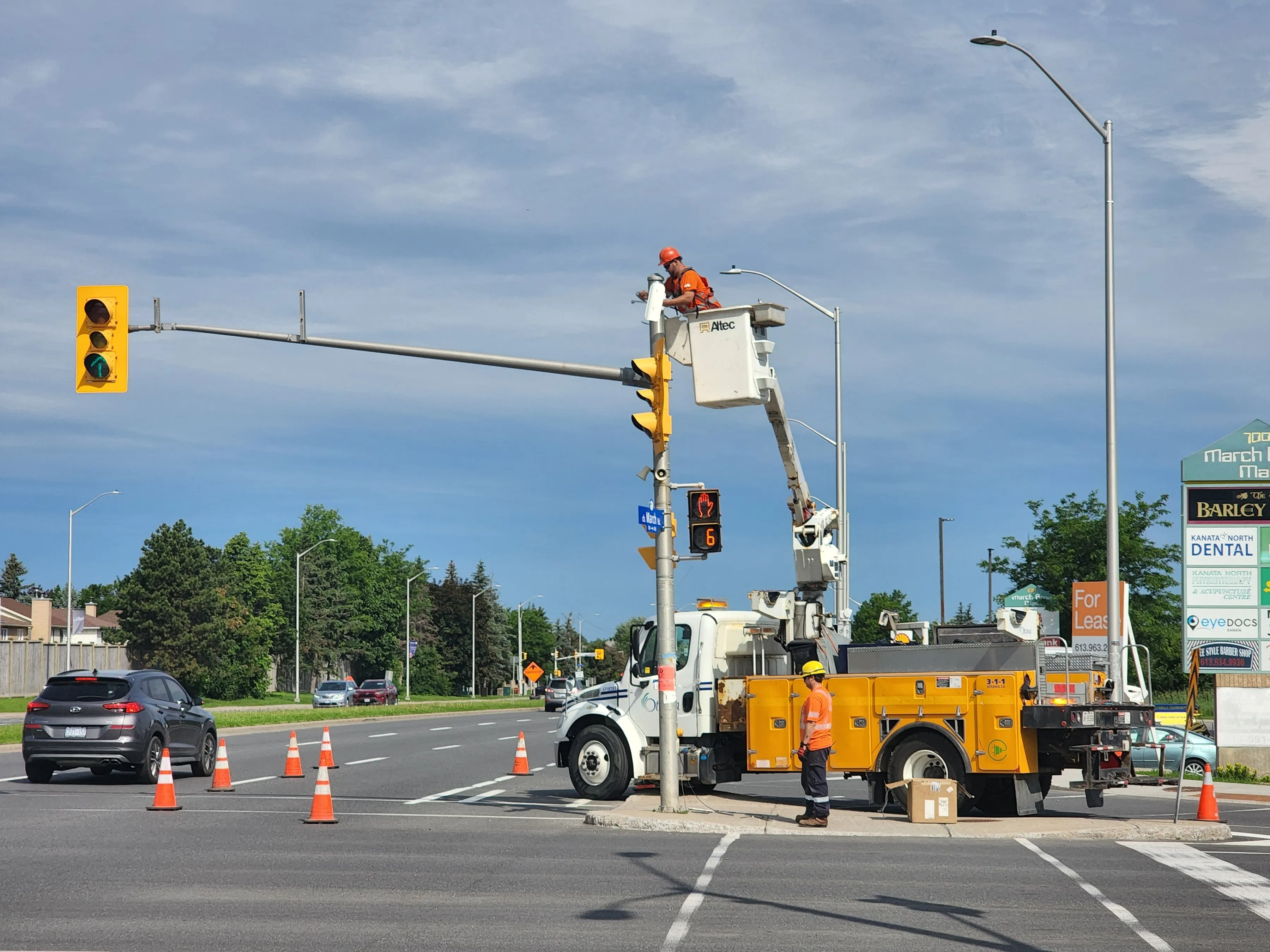The findings of ABI Research’s Automotive Safety & Autonomous Driving and Cybersecurity Research Services indicate that while traditional safety telematics services such as eCall, bCall, stolen vehicle tracking, and diagnostics aimed at the physical protection of vehicles, drivers and passengers are becoming main stream, awareness is growing about the threat of cyber-attacks and their impact on the physical integrity of persons, especially with vehicle-to-vehicle communication and autonomous vehicles. This
February 14, 2014
Read time: 2 mins
The findings of 5725 ABI Research’s Automotive Safety & Autonomous Driving and Cybersecurity Research Services indicate that while traditional safety telematics services such as eCall, bCall, stolen vehicle tracking, and diagnostics aimed at the physical protection of vehicles, drivers and passengers are becoming main stream, awareness is growing about the threat of cyber-attacks and their impact on the physical integrity of persons, especially with vehicle-to-vehicle communication and autonomous vehicles. This is prompting car OEMs and Tier1 suppliers to source security technology, with more than 20 million connected cars forecasted to ship with software-based security by 2020.
“So far connected car security has been mainly based on hardware protection and separation with infotainment and vehicle-centric safety systems shielded from each other.
“However, the shift towards cost-effective software-based security based on virtualisation, containerisation and sandboxing is well under way with6328 Harman and Mentor Graphics as some of the leading vendors,” says VP and practice director, Dominique Bonte.
1028 Cisco is partnering with 260 Continental and 2165 Visteon to bring enterprise IT connectivity based security technologies such as virtual private networks (VPN), IPsec, encryption and authentication (PKI) to an automotive industry lacking in-house expertise.
“So far connected car security has been mainly based on hardware protection and separation with infotainment and vehicle-centric safety systems shielded from each other.
“However, the shift towards cost-effective software-based security based on virtualisation, containerisation and sandboxing is well under way with







